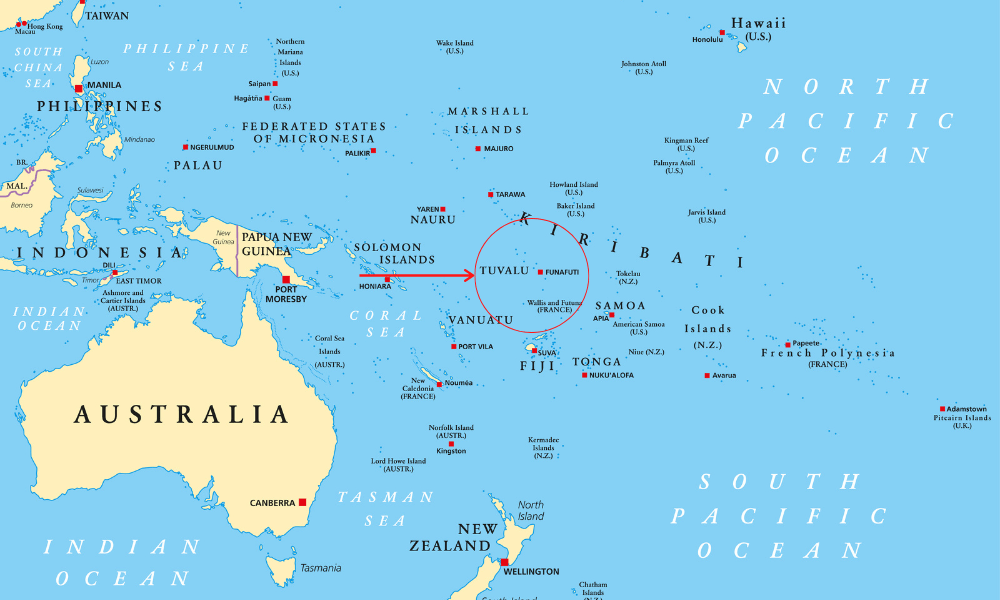
Somewhere between Hawaii and Australia there is a tiny island country called Tuvalu with incredible nature and rich culture. But given climate change and rising sea levels, this nation may no longer exist in a couple of decades. For the second time in 2 years Tuvalu’s Foreign Minister Kofe addressed the COP climate summit and tried to draw the world’s attention to the problem, but as yet no action has been taken. So, Tuvalu has decided to become the first nation to replicate itself in the metaverse.

“As our land disappears, we have no choice but to become the world’s first digital nation,” Foreign Minister Simon Kofe told the COP27 climate summit this week via video address. "Our land, our ocean, our culture are the most precious assets of our people, and to keep them safe from harm, no matter what happens in the physical world, we will move them to the cloud. Piece by piece, we’ll preserve our country, provide solace to our people, and remind our children and our grandchildren what our home once was.”
Addressing the COP27 climate summit Kofe spoke from behind a lectern on a beach (no surprises here, a year ago he did his speech knee-deep in the ocean), but then the camera zoomed out, and the audience could see that he was in a metaverse setting. He warned that children living on Tuvalu today might reach old age in a world where the island nation of their birth would no longer exists.
Kofe was actually standing on the digital island called Teafualiku Islet, the nation’s smallest island, and the first part of the country to be lost in case of rising sea levels. The threat is real: London think tank Chatham House confirmed that many island states, like Tuvalu, the Maldives, Kiribati, Vanuatu and the Marshall Islands could face complete submersion by 2100.
Of course, Tuvalu is unlikely to become the first country to only exist in the metaverse, but this news as a move to draw attention to climate change and its outcome for Tuvalu – a masterpiece! We hope that this island country will not face its end anytime soon, and we continue to observe.

